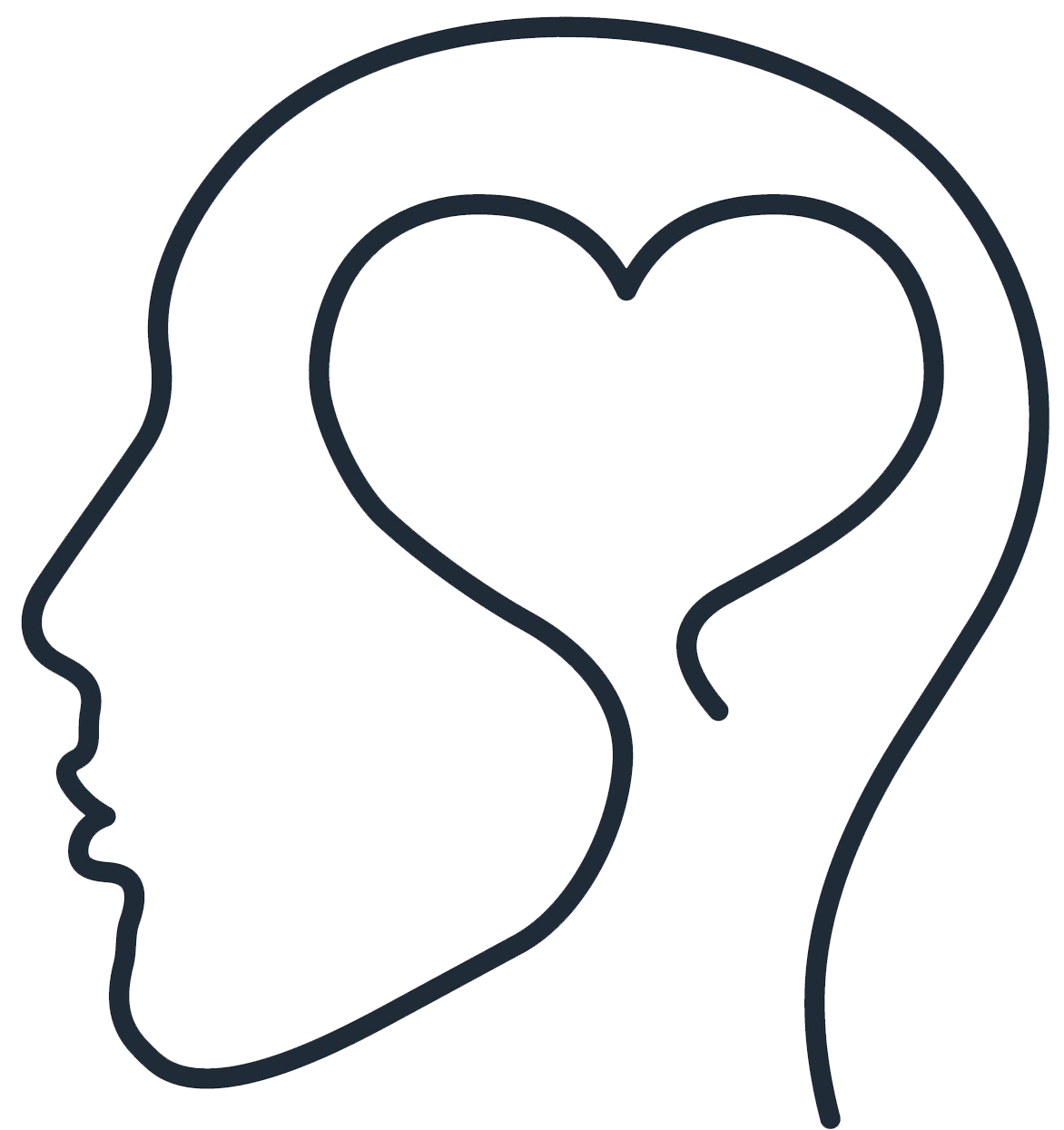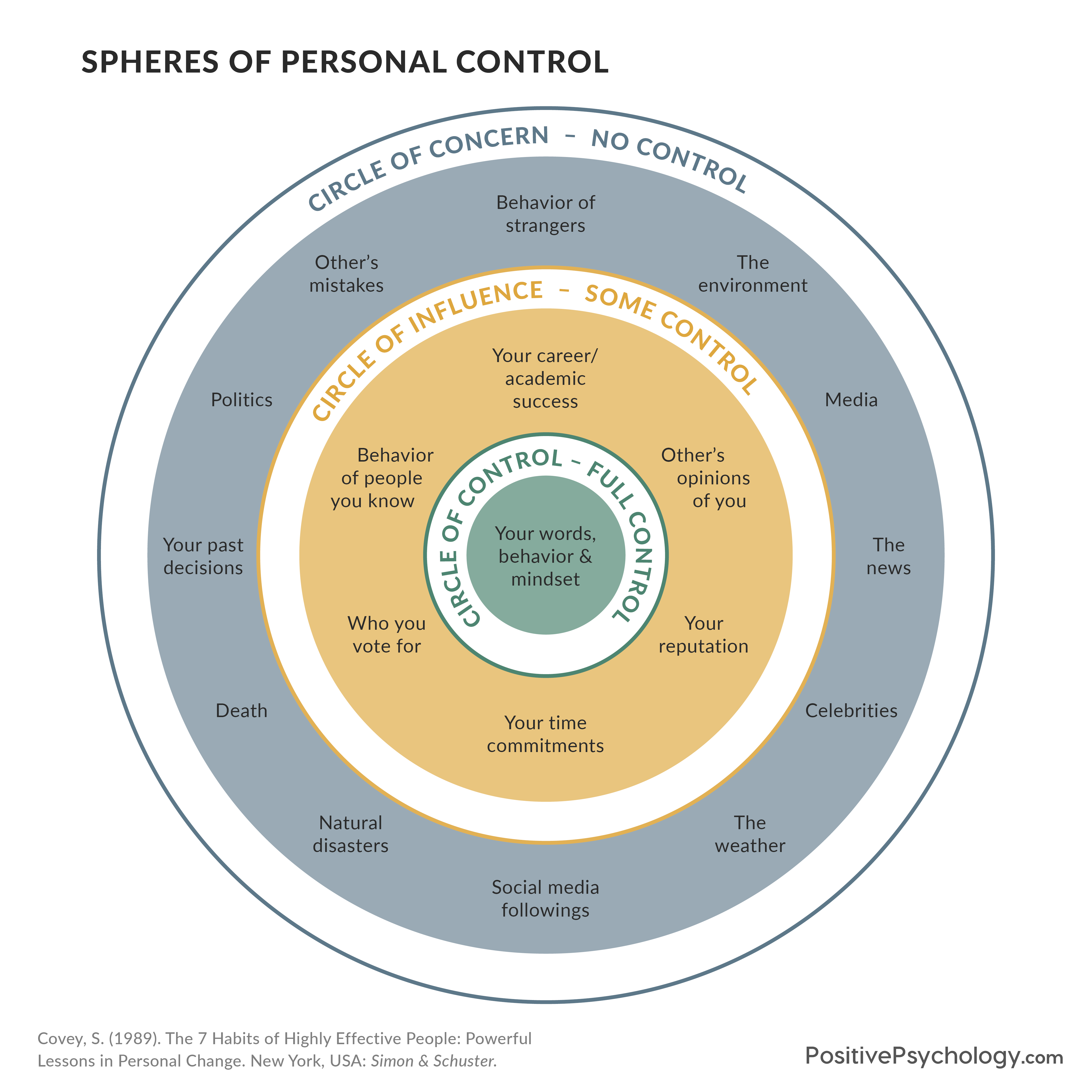The Psychology of Control: Understanding What We Can and Cannot Control
Control is a fundamental aspect of human psychology that influences our behaviours, emotions, and overall mental well-being. The quest for control often stems from our innate desire to achieve stability and predictability in our lives. However, it is crucial to differentiate between what we can control and what lies beyond our reach. This article explores the psychology of control, providing insights into the factors we can manage and those we must learn to accept.
Understanding the Concept of Control
Control can be defined as the power to influence or direct outcomes. Our perception of control significantly affects our psychological functioning. When we believe we have control over our circumstances, we experience a heightened sense of autonomy and self-efficacy. Conversely, feeling powerless can lead to anxiety, stress, and depression.
The Importance of Control
- Mental Well-Being: A sense of control is linked to psychological health. Studies show that individuals who perceive themselves as having control over their lives exhibit lower levels of stress and higher levels of happiness.
- Decision Making: Control affects our ability to make decisions. When we believe we have agency over our choices, we are more likely to take responsibility for our outcomes.
- Behavioural Responses: Our perception of control can influence how we respond to challenges. Those who feel in control are more likely to adopt proactive approaches rather than succumbing to helplessness. What You Can Control
Identifying areas of control can provide a sense of empowerment and lead to more constructive behaviours.
Key Areas of Control
- Your Attitude: You can control your mindset and emotional responses to situations. Adopting a positive attitude can significantly impact your overall experience.
- Your Efforts: Your actions—such as hard work, persistence, and commitment—are entirely within your control. Focusing on effort rather than the outcome can alleviate anxiety and improve performance.
- Your Reactions: While you cannot control what happens to you, you can control how you react to those events. Choosing to respond calmly and thoughtfully can change the dynamic of challenging situations.
- Your Boundaries: Establishing personal boundaries in relationships is something you can control. Setting limits can lead to healthier interactions and safeguard your well-being. What You Cannot Control
Additionally, recognizing the limitations of your control is equally important for maintaining psychological health.
Key Areas Beyond Control
- Other People’s Actions: You cannot dictate the behaviour of others. Understanding this can prevent frustration and conflict in relationships.
- External Events: Many factors beyond your control—such as the economy, natural disasters, or public health crises—impact your life. Accepting this reality can lead to a more adaptive mindset.
- The Past: History cannot be altered. Instead of dwelling on past mistakes, focus on learning and growth.
- The Future: Uncertainty is a natural part of life. Worrying excessively about future outcomes can detract from your present experiences and cultivate anxiety. Strategies for Balancing Control
Understanding the dynamics of control in your life can lead to healthier coping mechanisms and improved mental resilience. Here are some strategies to help you navigate the balance between what you can and cannot control:
- Practice Mindfulness: Mindfulness techniques can enhance your awareness of what’s within your control, helping to reduce anxiety about the uncontrollable elements of life.
- Set Realistic Goals: Focus on setting achievable, short-term objectives. This can create a sense of accomplishment and reinforce your feeling of control.
- Embrace Acceptance: Learning to accept what you cannot change can lead to greater peace of mind. Techniques like cognitive-behavioural therapy (CBT) can assist in reframing your thoughts about control.
- Seek Support: Sharing concerns with friends, family, or professionals can foster a sense of connection, reducing feelings of isolation linked to powerlessness. Conclusion
The psychology of control plays a pivotal role in shaping our experiences and emotional states. By distinguishing between what we can control—such as our actions, attitudes, and boundaries—and what we cannot control—such as external events and others’ behaviours—we can cultivate resilience and maintain our mental well-being. Ultimately, embracing the delicate balance of control can empower us to navigate life’s complexities with greater insight and composure, leading to healthier relationships and a more fulfilling existence. As we weigh our power in various aspects of life, it is essential to remember that true strength often lies in learning to let go of the things we cannot change.



